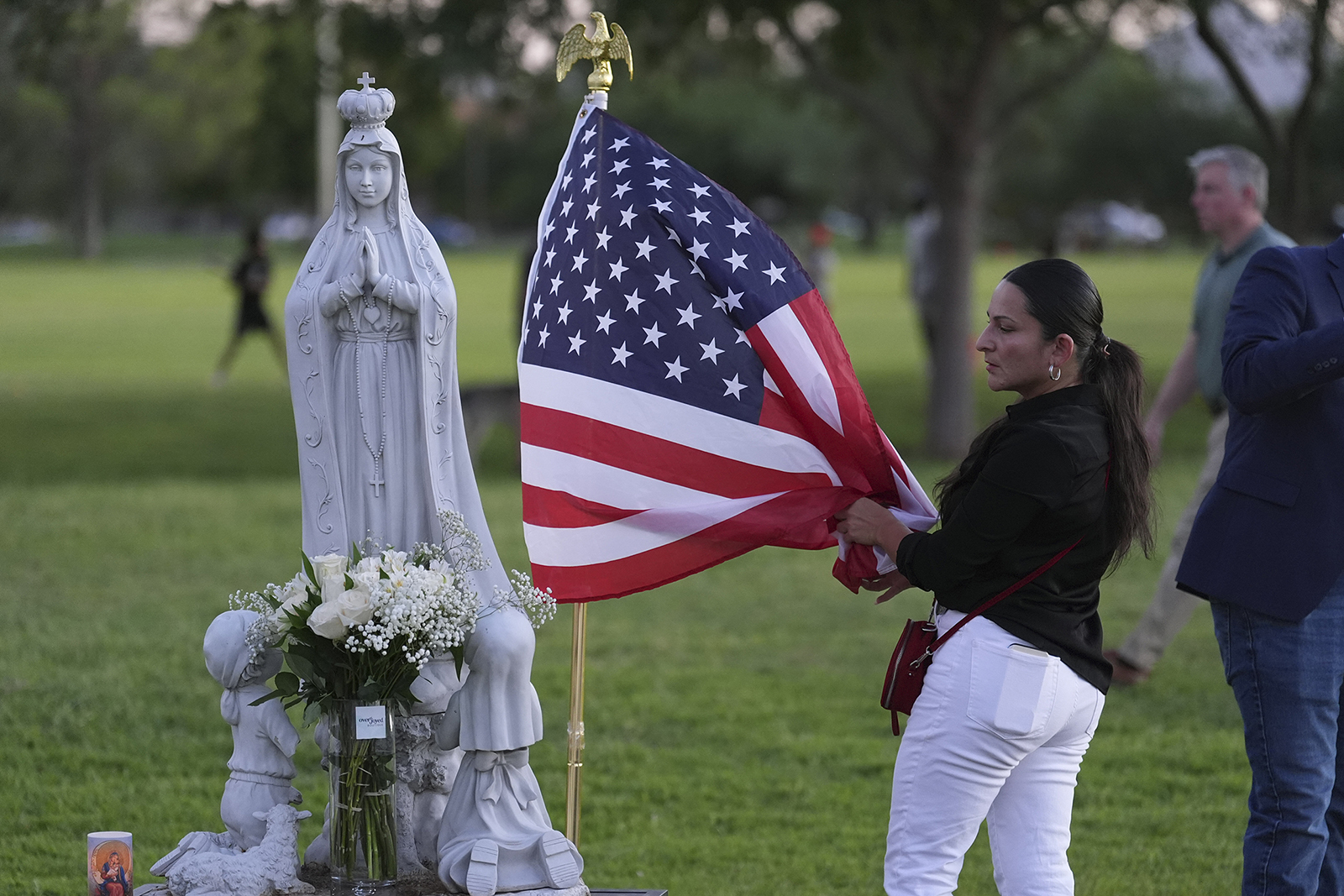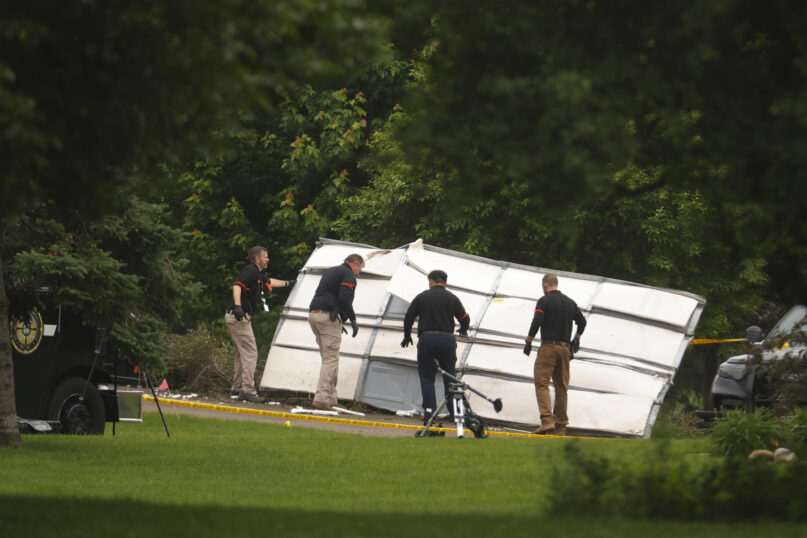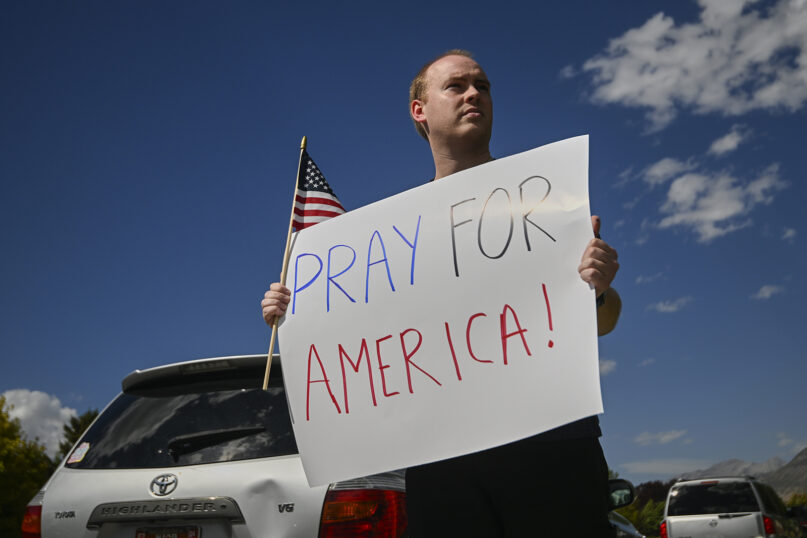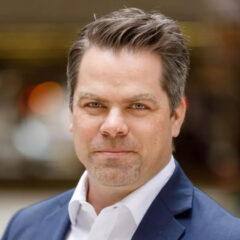
(RNS) — Grief and fear are in the land. The assassination of Charlie Kirk at Utah Valley University and the targeted shootings of Minnesota lawmakers and their families in June are not disconnected tragedies. They are part of a widening pattern: politics settled with bullets rather than principled persuasion, debate giving way to intimidation and disagreement sliding into dehumanization.
Utah Gov. Spencer Cox put it bluntly: “Our nation is broken. We had political assassinations recently in Minnesota. We had an attempted assassination on the governor of Pennsylvania. And we had an attempted assassination on a presidential candidate and former president of the United States and now current president. Nothing I say can unite us as a country. Nothing I can say right now can fix what is broken. Nothing I can say can bring back Charlie Kirk.”
Yes. And, alongside grief comes a call to remember and defend the first freedoms on which this nation rests: freedom of speech, freedom of the press, freedom of religion, freedom of assembly and the right to petition the government for redress of grievances. These are not abstractions. They are living promises that allow us to live together with differences that would otherwise destroy us.
History has taught us that these freedoms are not inevitable, but remarkably fragile. Athens, the birthplace of democracy, fell when factional strife turned citizens into enemies. Throughout Italy’s Years of Lead from the 1960s to 1980s, bombings and assassinations from far left and far right domestic terrorists hollowed out civic trust. Colombia’s La Violencia and South Africa’s apartheid years remind us that when violence reigns, pluralism dies first. Violence is the woodchipper of freedom.
Consider Minnesota. On June 14, state Rep. Melissa Hortman, former speaker of the Minnesota House of Representatives, and her husband were murdered in their home. That same morning, state Sen. John Hoffman and his wife were shot and critically injured. A man posing as police targeted them, turning family dwellings into crime scenes and forcing the largest manhunt in state history. Minnesota Gov. Tim Walz called it what it was: targeted political violence.

Investigators move debris from the home of Democratic former House Speaker Melissa Hortman and her husband, Mark, who were shot and killed earlier in the day, June 14, 2025, in Brooklyn Park, Minn. (AP Photo/Bruce Kluckhohn)
And on Wednesday (Sept. 10) in Utah, Kirk was fatally shot midspeech at a college campus, a place for learning and civic argument that became a site of terror. The investigation into Kirk’s assassin continues to unfold, but both Minnesota and Utah expose the same truth — that if we fail to draw bright lines against political violence, the spaces where we live, learn and lead will be emptied of trust.
The American experiment has always been fragile. It has always required stewards. Which is why, in the wake of violence, we must look for the helpers. And, we must rededicate ourselves to nurturing our freedoms — even for those with whom we disagree.
Fred Rogers told children to look for those who bring comfort in a storm. Today, the helpers are those who stand in the civic gap protecting campuses, community centers, schools and sanctuaries as places of safety. They lower the temperature rather than raising it, and defend freedom even for those they mostly oppose.
Amanda Ripley, a journalist who studies “high conflict,” warns that when contempt replaces disagreement, escalation feels inevitable. Mónica Guzmán, a journalist and bridge-builder, offers curiosity as an alternative. Healing begins with “one conversation, one person at a time,” she notes, and by asking not just, “What do you believe?” but “What worries you? What am I missing?”
The helpers are those who practice this discipline even when contempt feels easier and more righteous. While others run to blame and condemn, helpers run to ask questions and seek understanding.

Joseph Vogl stands outside Timpanogos Regional Hospital on Sept. 10, 2025, in Orem, Utah. (AP Photo/Alex Goodlett)
We have a choice: to surrender to outrage and conspiracy, or recommit to our first freedoms — a sacred democratic commitment to one another. Freedom of speech matters only if we defend it for voices that unsettle us. Freedom of religion endures only if we guard the rights of those who pray differently than us or not at all. Freedom of assembly survives only if we see opponents not as enemies to be destroyed but as neighbors to be persuaded.
We must sing songs of America’s first freedoms, not as nostalgia, but as neighborliness — the collective work of one another, for each other, for the common good. It is one of the most effective ways to stand up to those who exploit fear for profit, power or clicks. Neighborliness is the answer to the lie that violence is inevitable. It is the crux of the very motto of our country: E pluribus unum – that despite our varied and wide differences, we are in fact somehow, as citizens, one people.
Archbishop Desmond Tutu once said of South Africa’s violent transition, “There is no future without forgiveness.” It was not sentiment, but survival. America needs a similar insistence today: no democracy without pluralism, no pluralism without nonviolence.

Adam Nicholas Phillips. (Photo courtesy of Interfaith America)
(Adam Nicholas Phillips is CEO of Interfaith America. The views expressed in this commentary do not necessarily reflect those of Religion News Service.)
